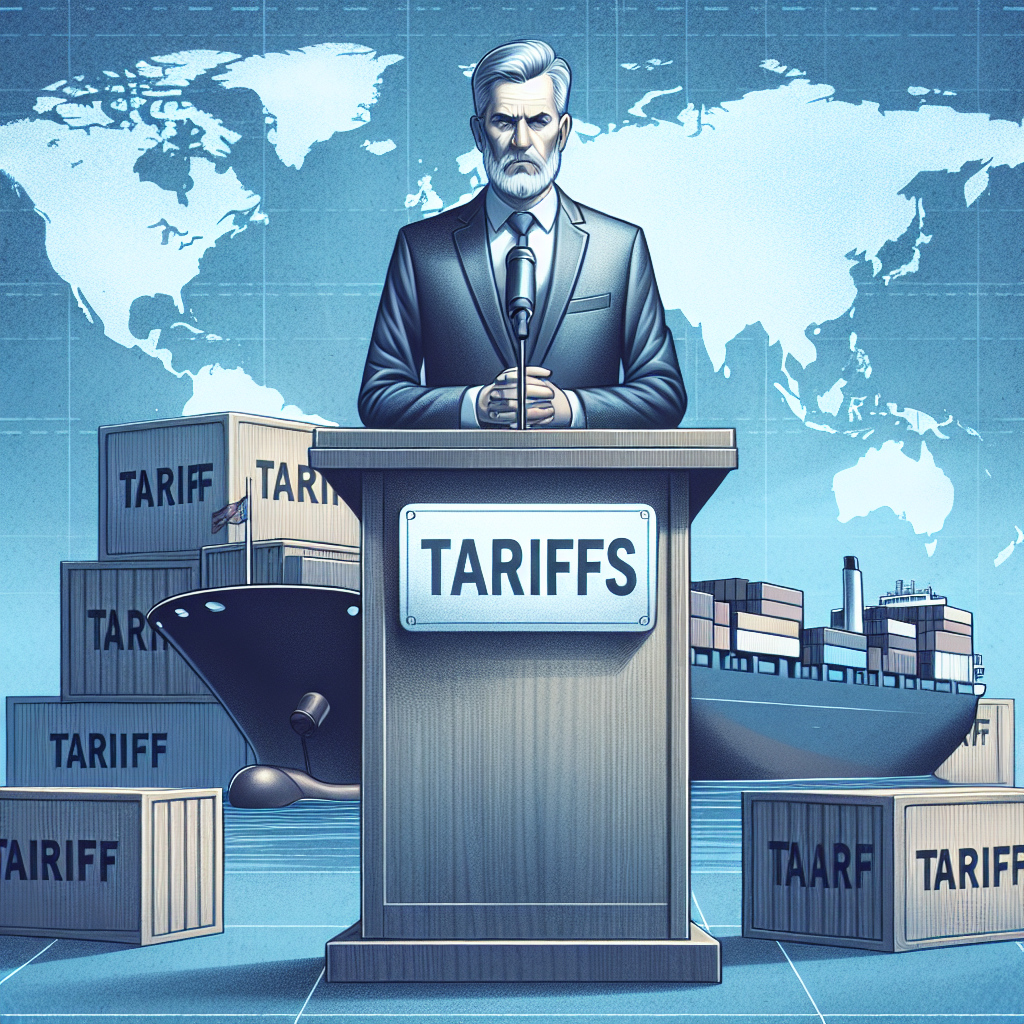Navigating Trade Turbulence: India's Response to US Tariffs
The US plans to impose reciprocal tariffs on key trading partners, including India, to address trade deficits. India is working on scenarios to mitigate impacts as sector-specific tariff vulnerabilities arise. Concerns include non-tariff barriers and implications for bilateral trade agreements between the two nations.

- Country:
- India
The US government is set to impose reciprocal tariffs on its key trading partners, including India, as part of a strategy to reduce its trade deficit and bolster domestic manufacturing, according to insider sources.
President Donald Trump has designated April 2 as 'Liberation Day,' when he plans to announce the new tariffs. Meanwhile, India is strategizing means to address potential repercussions on its exports, as the US remains India's biggest trade partner. Concerns are widespread about the impact on India's exports, which may become less competitive globally.
While trade officials in India analyze various impact scenarios, both nations are also in discussions about a bilateral trade agreement to enhance mutual commerce and investment. The tariffs' exact nature and scope remain uncertain. Furthermore, India faces issues such as high American tariffs on agricultural exports and non-tariff barriers affecting various sectors, prompting the development of a government portal to address these challenges.
(With inputs from agencies.)
ALSO READ
India-Australia Trade Flourishes Under Free Trade Agreement
Striking Gold: A Deep Dive into the India-US Bilateral Trade Agreement Negotiations
US-India Trade Relations: Trump's Tariff Impact Analyzed
Tensions Rise as Japan Confronts U.S. Tariff Impacts
Discussions are going on between India, US trade teams for expeditious conclusion of multi-sectoral Bilateral Trade Agreement: Govt.










